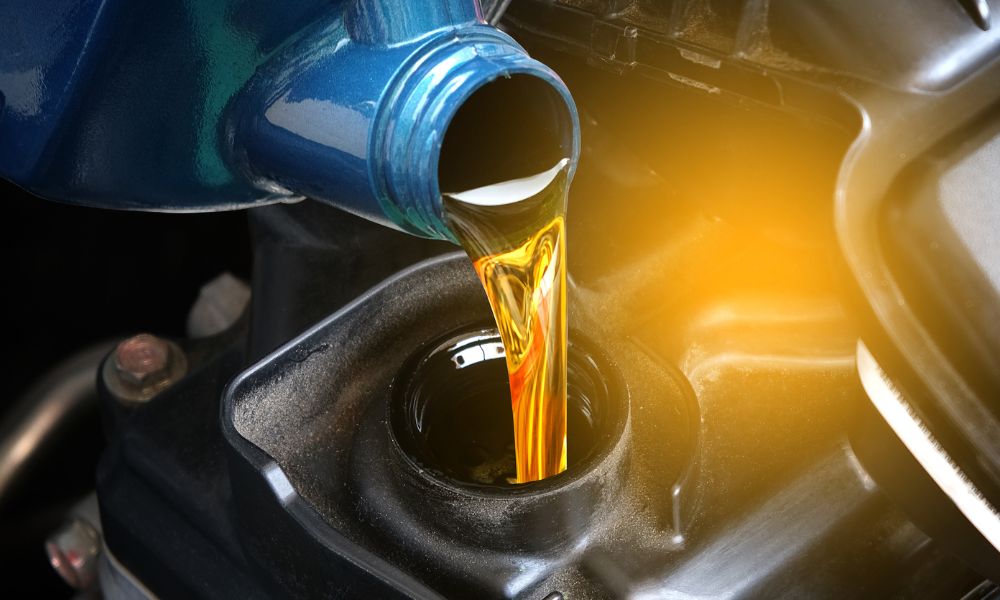
When you buy a vehicle, you want to get your money’s worth, and keeping your engine healthy is a big part of getting the most out of your vehicle. Routine maintenance services, such as changing your motor oil, are essential to keep your engine humming. With all the money that goes into buying and maintaining a car, it’s understandable that you may want to cut costs and perform your own oil change. Before you take your engine’s health into your own hands, let’s look at what happens if you accidentally use the wrong motor oil.
Your Engine Can Emit Odd Smells or Noises
Auto manufacturers design motor oil for lubricating the moving parts of your engine, and if you use lower-grade oil, it can become unstable in the heat. As a result, the oil fails to lubricate the parts properly, increasing friction. This friction typically results in a distinct, unpleasant burning smell emanating from your engine. Inadequate lubrication will also cause your engine to produce odd noises such as tapping or knocking.
Oil Will Leak
The viscosity, or grade, of motor oil refers to how easily the lubrication flows through the engine—in fact, this is partially what the numbers on an oil container are referring to. The lower the viscosity, the lower the grade; the thinner the oil, the easier it travels through the moving parts. However, not all engines are the same or experience the same conditions when used, which is why they require a specific type of oil. If the oil is too thin, it can squeeze into places it shouldn’t and cause leaks.
You Can’t Start Your Car in the Cold
Certain engine oils must stay at a particular viscosity level in the cold so they will be thin enough to move through the engine. If the engine oil is too thick, it will become even thicker in the cold, meaning it won’t distribute correctly throughout the engine. This uneven oil distribution causes excess friction and resistance, and your car will have a hard time starting up in the cold, or it may not even start up at all.
The Engine Can Overheat
The excess friction and resistance from using the incorrect oil can cause heat to build up in your engine, but that’s not the only problem. Engine oil can conduct and carry heat, move excess heat, and keep the engine’s temperature in balance. If the oil cannot move freely within the engine, it can’t stabilize the temperature, resulting in an overheated engine.
Your Fuel Efficiency Will Drop
If the oil you use is too viscous—too thick—your vehicle will need more energy to overcome the existing resistance between the moving parts. The vehicle will burn more fuel to compensate and pump the oil through the engine, causing an increase in fuel consumption. If you’ve just changed your oil, and you notice your fuel efficiency drops, you may have used the wrong motor oil.
Now that you know what happens if you use the wrong motor oil in your engine, you may be thinking, “What’s my next step?” Your job now is to contact your local mechanic and get your car in the shop as soon as possible to avoid damaging the engine further.






